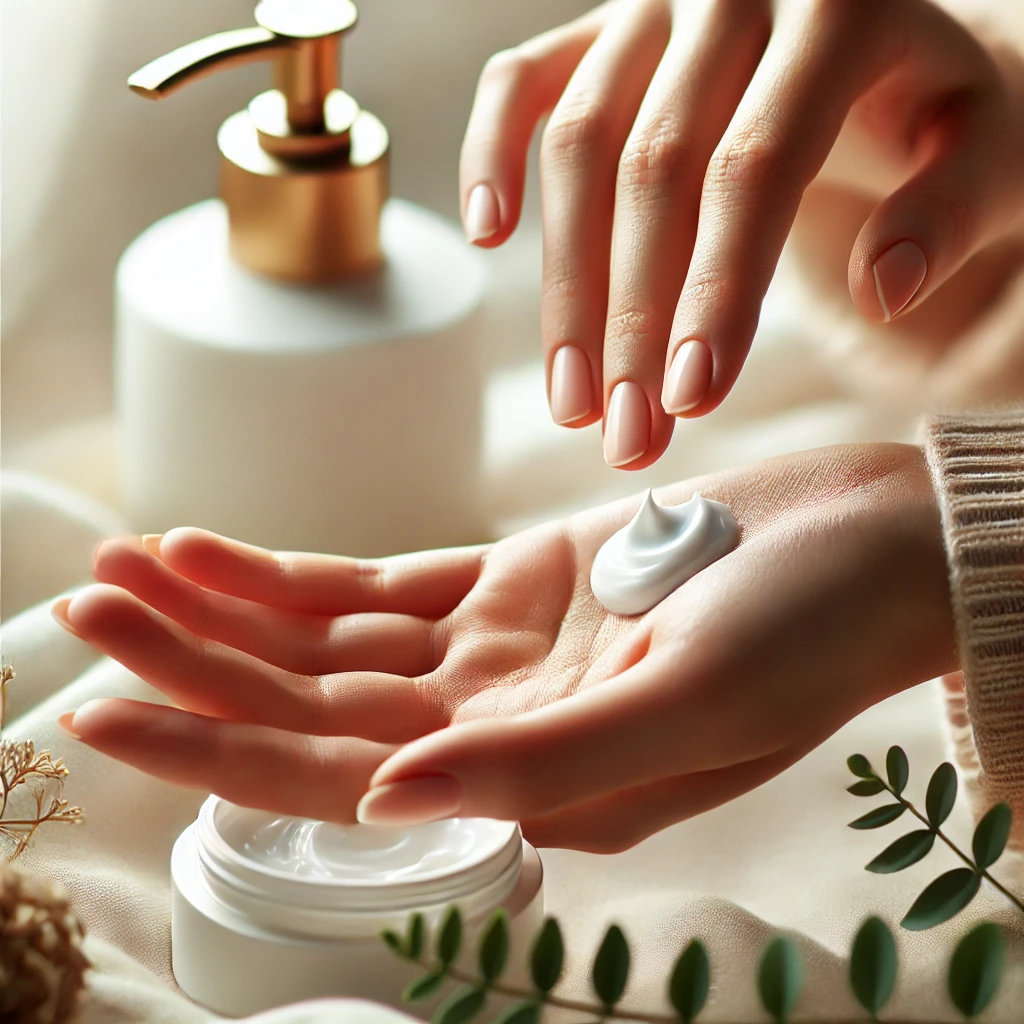Introduction
Dry hands can be a real nuisance, right? From harsh weather to constant hand washing, our hands endure a lot, leaving them rough, flaky, and sometimes even painful. But don’t worry—finding the best cream for dry hands doesn’t have to be a challenge. In this guide, we’ll walk you through everything you need to know to choose the right cream and restore your hands to their soft, supple glory.
Table of Contents
1. Understanding Dry Hands

Dry hands are a common issue that almost everyone experiences at some point. But what exactly is happening to your skin when it feels rough, flaky, or even painfully cracked? At its core, dry skin occurs when the outer layer of your skin, known as the epidermis, loses its natural moisture and oils. This can leave your hands vulnerable to irritation, redness, and discomfort.
Imagine your skin as a brick wall, with skin cells being the bricks and natural oils acting as the mortar that holds everything together. When this “mortar” is stripped away or compromised, the wall becomes weak, leading to cracks and dryness. Understanding this basic concept helps us see why moisturizing is crucial to repairing and maintaining healthy skin.
Dry hands are more than just a cosmetic issue—they can significantly impact your day-to-day life. Tasks like writing, typing, or cooking may feel uncomfortable or even painful when your hands are overly dry. Worse, untreated dryness can sometimes escalate into skin conditions like eczema or infections due to open cracks.
2. Causes of Dry Hands

Ever wondered why your hands seem to dry out faster than other parts of your body? Several factors contribute to this phenomenon. Let’s break them down:
a. Environmental Factors
The weather plays a significant role in drying out your hands. During colder months, humidity levels drop, which means there’s less moisture in the air to keep your skin hydrated. On top of that, indoor heating systems can suck even more moisture from the air, leaving your hands feeling parched.
b. Frequent Hand Washing
While washing your hands is essential for good hygiene, it can also strip away the natural oils your skin needs to stay soft and supple. Soap and water are effective at removing dirt and germs, but they also remove the protective barrier that locks in moisture. Hand sanitizers, especially alcohol-based ones, can be even harsher on your skin.
c. Harsh Chemicals
Cleaning products, detergents, and other household chemicals are notorious for causing dryness. These substances often contain ingredients that are not skin-friendly, leading to irritation and loss of moisture. Even handling paper or cardboard frequently (as in office work or packaging jobs) can sap moisture from your skin.
d. Skin Conditions
Pre-existing skin conditions like eczema, psoriasis, or dermatitis can exacerbate dryness. If you have one of these conditions, your skin may be more sensitive to environmental triggers, making it harder to maintain healthy hydration levels.
e. Aging
As we age, our skin naturally produces less oil, making it more prone to dryness. This is why older individuals often find themselves reaching for hand creams more frequently than younger people.
f. Occupational Factors
Certain professions—like healthcare workers, chefs, or mechanics—are more prone to dry hands due to constant hand washing, exposure to irritants, or working in harsh environments.
Understanding the causes of dry hands is the first step toward prevention and treatment. By identifying what’s triggering your dryness, you can take targeted steps to protect and hydrate your skin effectively.
3. Why Hand Creams Are Essential
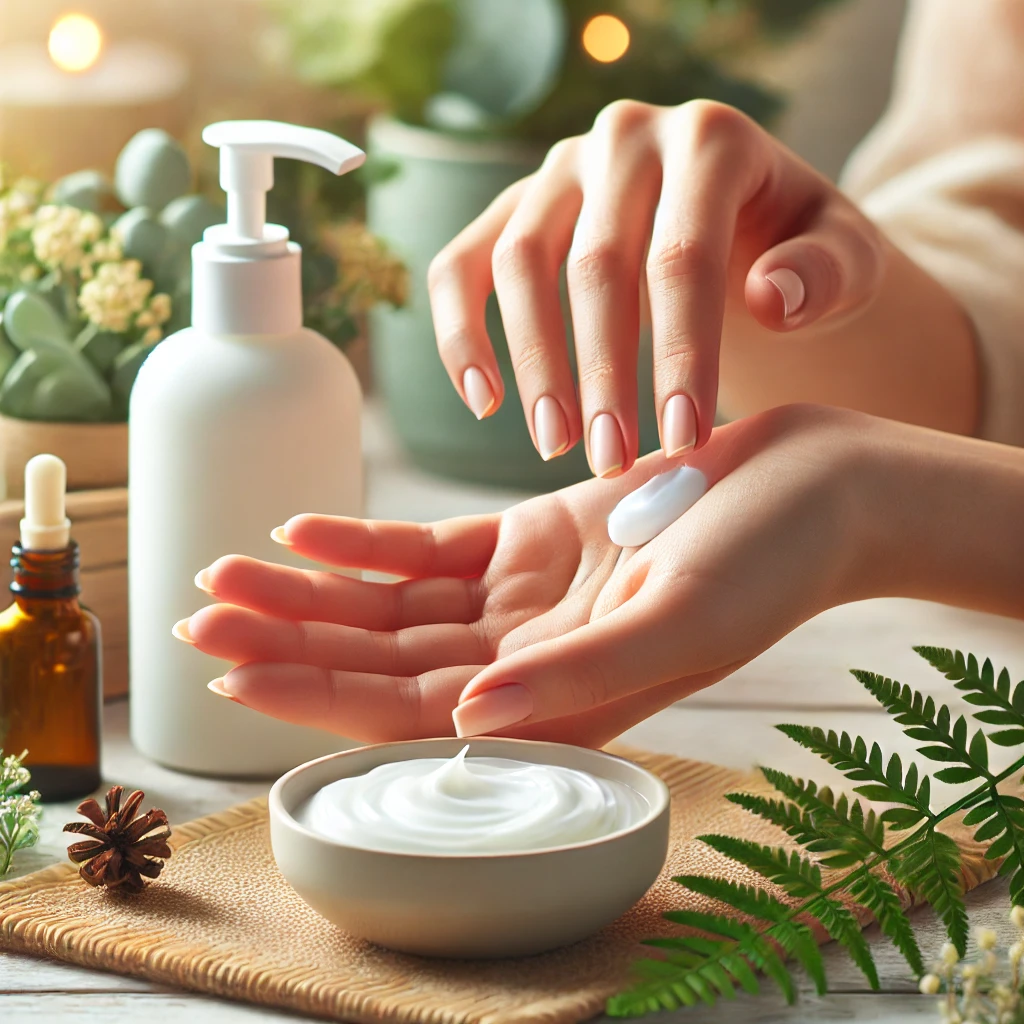
So why are hand creams such a big deal? Think of them as the armor your skin needs to fight against dryness. While many people neglect this essential skincare step, using a good hand cream is not just about aesthetics—it’s about maintaining the health of your skin.
Hand creams work by creating a barrier on the skin, locking in moisture and preventing further water loss. This barrier mimics your skin’s natural oils, helping to restore what’s lost throughout the day. Additionally, most hand creams contain nourishing ingredients that repair damaged skin, soothe irritation, and protect against external factors like cold air or harsh chemicals.
Without regular use of hand creams, dryness can escalate to more severe conditions. Cracked skin, for instance, creates an entry point for bacteria, increasing the risk of infection. So, if you think of your hands as tools you use daily, keeping them in good shape with a quality hand cream is an investment in their long-term health and functionality.
4. Key Ingredients to Look For

Choosing the right hand cream starts with understanding its ingredients. Not all creams are created equal, and knowing what to look for can make a huge difference in effectiveness. Here are the key ingredients to keep an eye out for:
a. Glycerin
Glycerin is a humectant, meaning it draws water into your skin from the environment or deeper layers of your skin. This ingredient is particularly useful for hands that feel tight and dehydrated.
b. Shea Butter
This rich, natural ingredient is a favorite for its ability to deeply moisturize and soften even the roughest skin. Shea butter also contains vitamins A and E, which support skin repair and health.
c. Ceramides
Ceramides are naturally found in the skin and play a critical role in maintaining its barrier function. Adding ceramides through a hand cream helps to restore the protective layer, reducing water loss and irritation.
d. Aloe Vera
Known for its soothing properties, aloe vera is a great ingredient for calming redness or irritation. It’s especially helpful if your hands are cracked or sensitive.
e. Hyaluronic Acid
This ingredient holds up to 1,000 times its weight in water, making it a hydration powerhouse. Hand creams with hyaluronic acid ensure your skin stays plump and moisturized throughout the day.
f. Urea
Urea is a multitasker—it exfoliates dead skin cells while deeply moisturizing. It’s particularly effective for rough, cracked hands.
When selecting a hand cream, take a moment to read the label and prioritize products with these nourishing and hydrating ingredients. Avoid creams with harsh additives like parabens, sulfates, or synthetic fragrances, which can aggravate dryness.
5. Types of Hand Creams

Did you know that not all hand creams are designed for the same purpose? Depending on your needs, you can choose from a variety of formulations. Let’s explore the most common types:
a. Moisturizing Creams
These are perfect for everyday hydration. They’re lightweight, absorb quickly, and provide just the right amount of moisture to keep your hands soft and smooth.
b. Healing Creams
If your hands are cracked, chapped, or extremely dry, healing creams are your best bet. They’re thicker and often enriched with ingredients like ceramides, urea, or petroleum jelly to promote repair and seal moisture in.
Hands are often one of the first places to show signs of aging. Anti-aging hand creams contain ingredients like retinol or antioxidants to reduce wrinkles, fade age spots, and improve elasticity.
d. Fragrance-Free Creams
For those with sensitive skin, fragrance-free creams are ideal. They minimize the risk of irritation while delivering all the benefits of hydration and protection.
6. How to Choose the Best Hand Cream

With so many options on the market, finding the best hand cream can feel overwhelming. Here’s a simple guide to help you narrow it down:
a. Assess Your Skin Type
Is your skin mildly dry, extremely chapped, or prone to irritation? Understanding your skin type will help you pick a cream tailored to your needs.
b. Prioritize Ingredients
As mentioned earlier, look for creams with hydrating and repairing ingredients like glycerin, shea butter, or ceramides. Avoid products with alcohol or artificial fragrances if you have sensitive skin.
c. Think About Texture
If you’re always on the go, a non-greasy formula is a must. However, for nighttime use, thicker, more occlusive creams work wonders.
d. Check for Multi-Purpose Benefits
Some creams offer added benefits, like sun protection or anti-aging properties. If these features align with your goals, consider creams with SPF or retinol.
By taking these factors into account, you’ll find a hand cream that’s perfect for your lifestyle and skin concerns.
The journey to soft, hydrated hands starts with understanding the problem and choosing the right solution. In the next sections, we’ll explore the best creams for different needs, DIY recipes, and tips for maximizing their effectiveness.
7. Best Creams for Severe Dryness
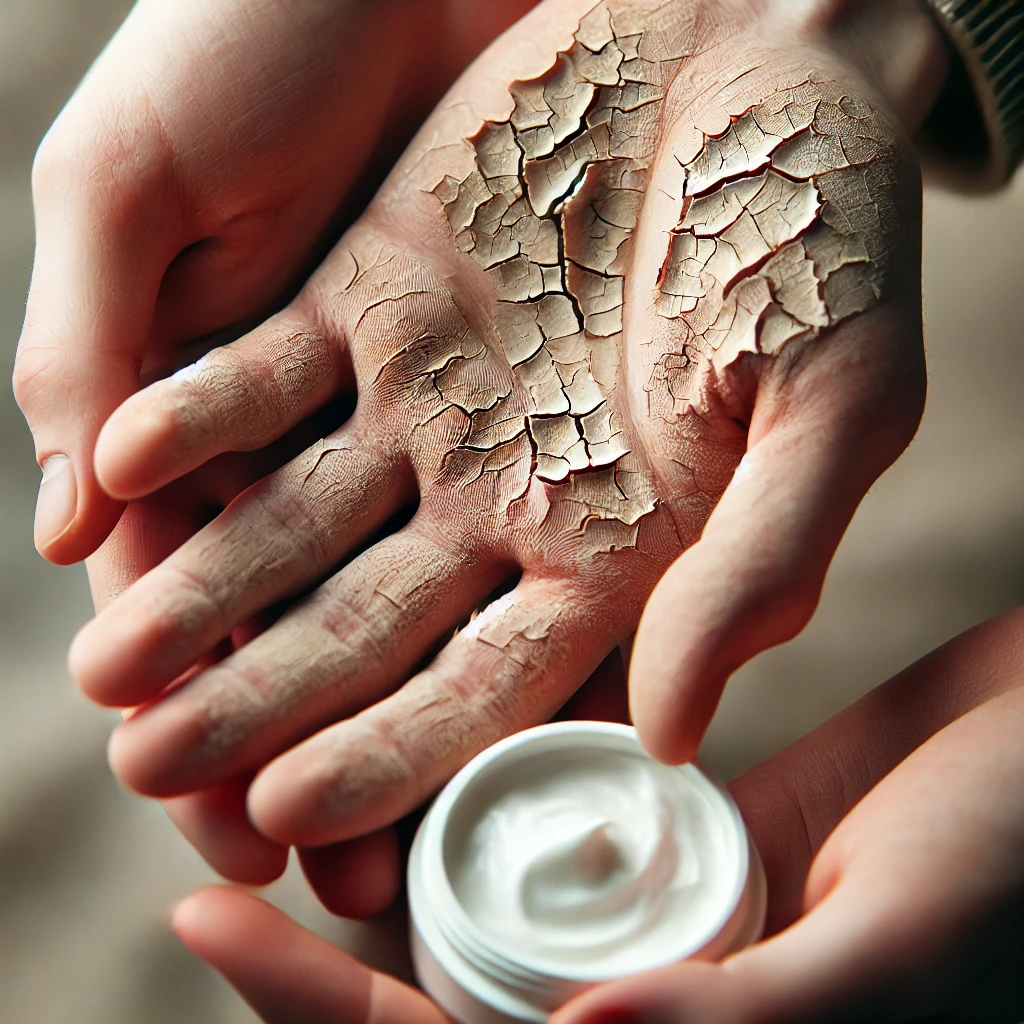
When your hands are painfully dry, cracked, or peeling, it’s time to bring out the heavy hitters. Here are some of the most effective creams for severe dryness, trusted by professionals and everyday users alike:
a. CeraVe Healing Ointment
This cream is a savior for extremely dry hands. It’s packed with ceramides and hyaluronic acid, which help restore the skin’s natural barrier and lock in moisture. Its thick, balm-like consistency is ideal for overnight use.
b. O’Keeffe’s Working Hands
This affordable option is specifically designed for hardworking hands. It quickly repairs cracks and prevents further dryness, making it a favorite among those with labor-intensive jobs.
c. Neutrogena Norwegian Formula Hand Cream
Renowned for its glycerin-rich formula, this cream provides intense hydration and relief for chapped hands. A small dab goes a long way, and it’s perfect for those looking for instant results.
d. Eucerin Advanced Repair Hand Cream
Formulated with urea and ceramides, this cream is excellent for repairing very dry, rough hands. It’s fragrance-free, making it suitable for sensitive skin.
8. Budget-Friendly Hand Cream Options

Taking care of your hands doesn’t have to break the bank. Many affordable options deliver exceptional results. Here are a few to consider:
a. Vaseline Intensive Care Hand and Nail Cream
This reliable drugstore classic hydrates and strengthens nails while softening hands. It’s lightweight, absorbs quickly, and costs less than most premium options.
b. Nivea Soft Moisturizing Cream
Known for its refreshing feel, Nivea Soft is a versatile cream that’s gentle on the skin and easy on the wallet. It’s ideal for daily use and leaves hands feeling smooth without a greasy residue.
c. Aveeno Daily Moisturizing Lotion
Although it’s marketed as a body lotion, Aveeno’s oatmeal-enriched formula works wonders for dry hands too. Its soothing properties make it a go-to for those with sensitive or irritated skin.
9. Natural and Organic Hand Creams

For those who prefer plant-based, eco-friendly skincare, natural and organic hand creams are a fantastic choice. They’re free of synthetic chemicals and often packed with nourishing botanicals.
a. Burt’s Bees Hand Salve
This cult-favorite is crafted with beeswax, botanical oils, and essential vitamins. It’s particularly good for hands exposed to harsh conditions.
b. Weleda Skin Food
A rich and deeply hydrating cream made with organic ingredients like calendula, chamomile, and sunflower seed oil. Its thick consistency makes it ideal for nighttime use.
c. Dr. Bronner’s Organic Hand Lotion
Certified organic and vegan, this lotion is made with jojoba oil, coconut oil, and other plant-based ingredients. It’s lightweight and leaves a subtle, natural scent.
10. Tips for Using Hand Cream Effectively
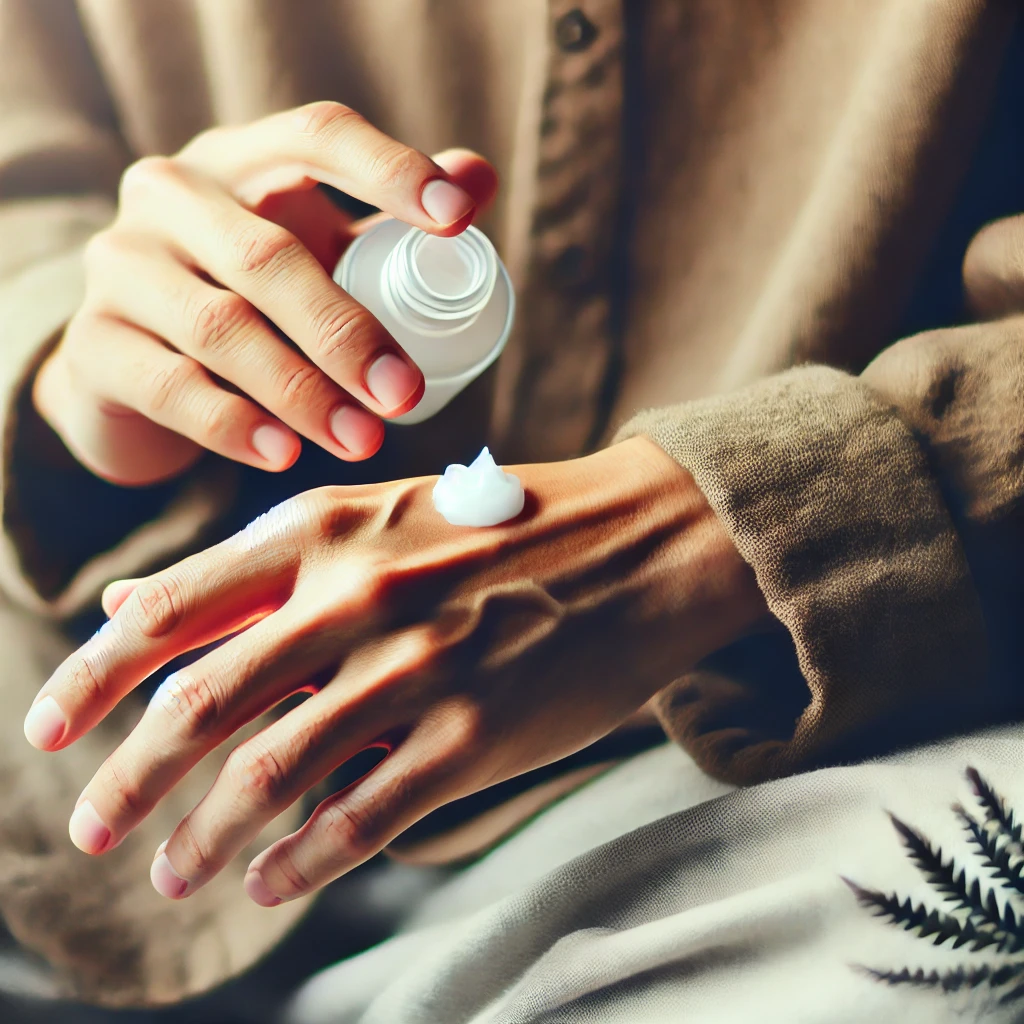
Even the best cream won’t work if it’s not used correctly. Follow these tips to get the most out of your hand care routine:
a. Apply After Washing
The best time to use hand cream is immediately after washing your hands. This helps trap moisture before it evaporates.
b. Use Generously Before Bed
Nighttime is ideal for intensive hand care. Slather on a thick layer of cream and wear cotton gloves to boost absorption while you sleep.
c. Keep Cream Handy
Place a tube of hand cream in multiple locations—your bag, desk, and bedside table—so it’s always within reach.
d. Massage It In
Take a few extra seconds to massage the cream into your hands, focusing on dry areas like knuckles and cuticles. This improves circulation and ensures the product penetrates deeply.
11. DIY Hand Cream Recipes
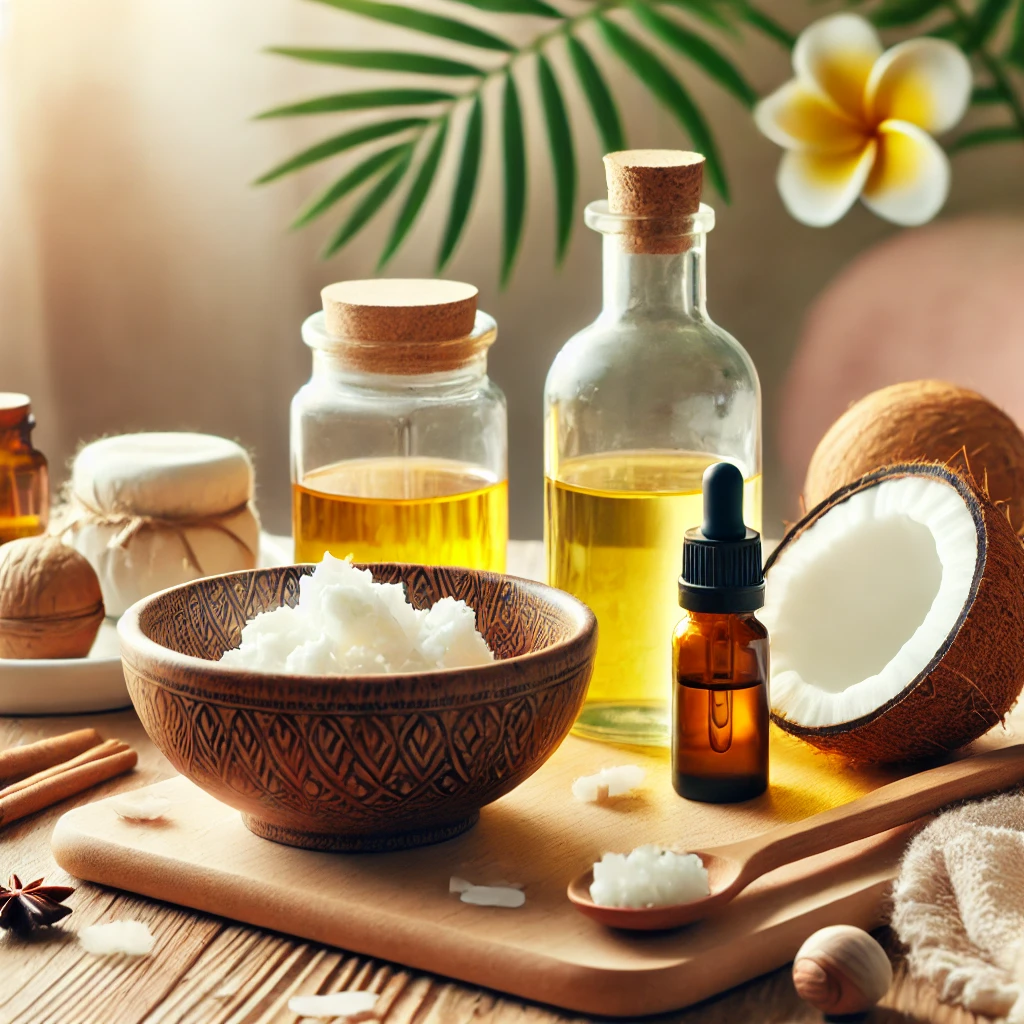
If you’re a fan of natural remedies, try making your own hand cream at home. It’s cost-effective, customizable, and free of artificial additives.
a. Shea Butter Hand Cream
- Ingredients: 1/4 cup shea butter, 2 tbsp coconut oil, 2 tbsp almond oil.
- Instructions: Melt the ingredients in a double boiler, stir well, and let cool. Whip the mixture until fluffy and store in a jar.
b. Aloe Vera Hand Gel
- Ingredients: 1/2 cup aloe vera gel, 1 tbsp olive oil, a few drops of lavender essential oil.
- Instructions: Mix all ingredients in a bowl and transfer to a pump bottle. Use as a lightweight hand moisturizer.
12. Lifestyle Changes to Prevent Dry Hands

Beyond creams, simple lifestyle adjustments can keep your hands soft and healthy:
a. Wear Gloves
Protect your hands from exposure to water, harsh chemicals, or cold weather by wearing gloves. Opt for cotton gloves for cleaning tasks and insulated gloves in winter.
b. Hydrate from Within
Drinking plenty of water is essential for overall skin health. Aim for at least 8 glasses a day to keep your skin hydrated from the inside out.
c. Use a Humidifier
Dry indoor air can worsen dryness. Running a humidifier in your home, especially during winter, adds moisture to the air and helps your skin stay hydrated.
13. Addressing Hand Eczema with Creams
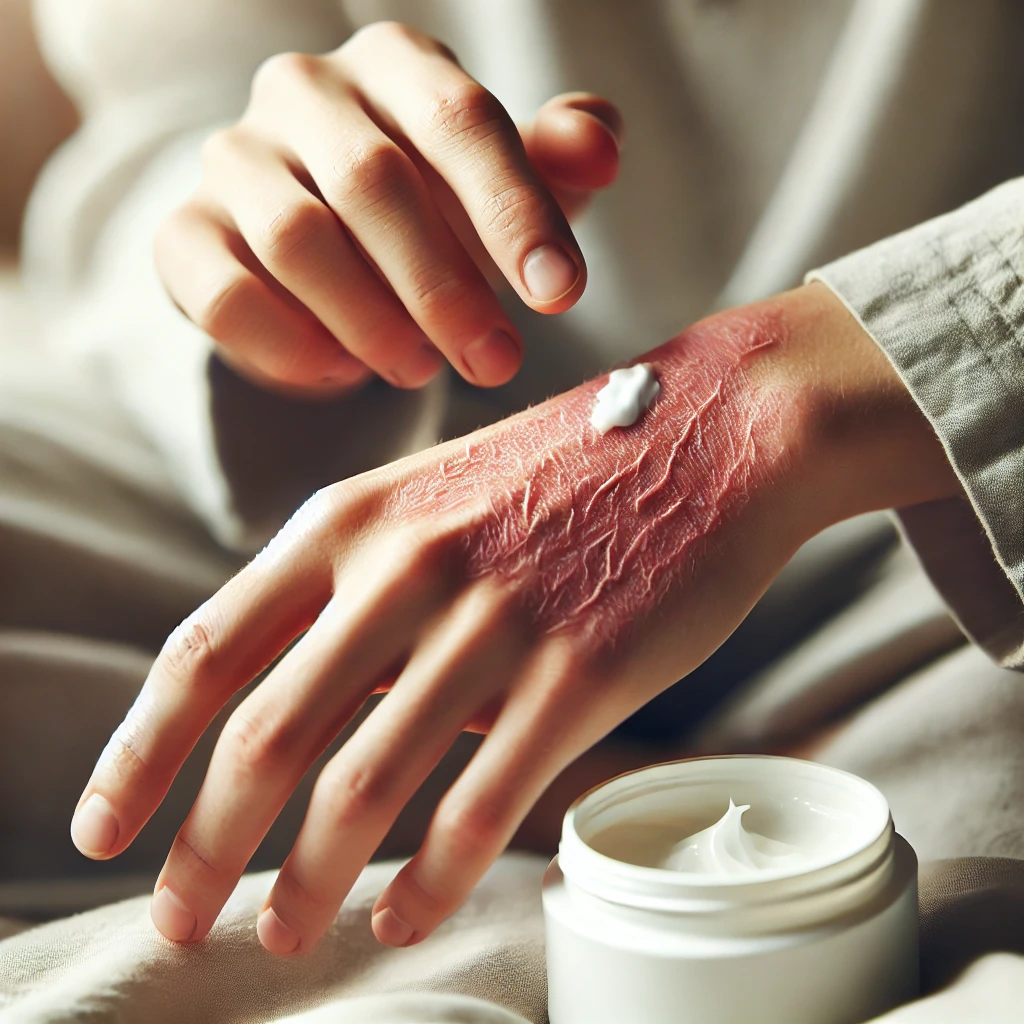
If your dryness is due to eczema, you’ll need a cream specifically formulated for this condition. Look for products labeled as “eczema-friendly,” like Aveeno Eczema Therapy Hand Cream or Eucerin Eczema Relief Cream. These are formulated to reduce inflammation, itchiness, and irritation.
14. Seasonal Hand Care

Your hand care routine should adapt to the seasons:
a. Winter
In cold weather, use thicker, occlusive creams to shield your skin from harsh winds and dry air. Reapply frequently and always wear gloves outdoors.
b. Summer
During the warmer months, lighter creams with SPF are a must to protect your hands from UV damage while keeping them moisturized.
By addressing specific needs and following tailored solutions, you’ll ensure that your hands remain soft, smooth, and healthy year-round.
15. Frequently Asked Questions (FAQs)
1. How often should I apply hand cream?
Apply hand cream after washing your hands, before bed, and as needed throughout the day.
2. Are natural hand creams better than synthetic ones?
Not necessarily. It depends on your skin type and needs. Natural creams are ideal for sensitive skin.
3. Can I use body lotion on my hands?
Yes, but hand creams are specifically formulated to address the unique needs of your hands.
4. What is the best cream for cracked hands?
Look for healing creams with ceramides and hyaluronic acid, such as CeraVe Healing Ointment or O’Keeffe’s Working Hands.
5. How can I prevent my hands from getting dry in winter?
Use gloves, apply hand cream regularly, and use a humidifier to keep indoor air moist.
Conclusion
Dry hands don’t have to be a persistent problem. By choosing the best cream for dry hands and adopting healthy habits, you can keep your hands soft, smooth, and ready for anything life throws your way. Whether you prefer natural remedies, budget-friendly options, or dermatologist-approved solutions, there’s something for everyone in this guide. So go ahead, pamper your hands—they deserve it!
